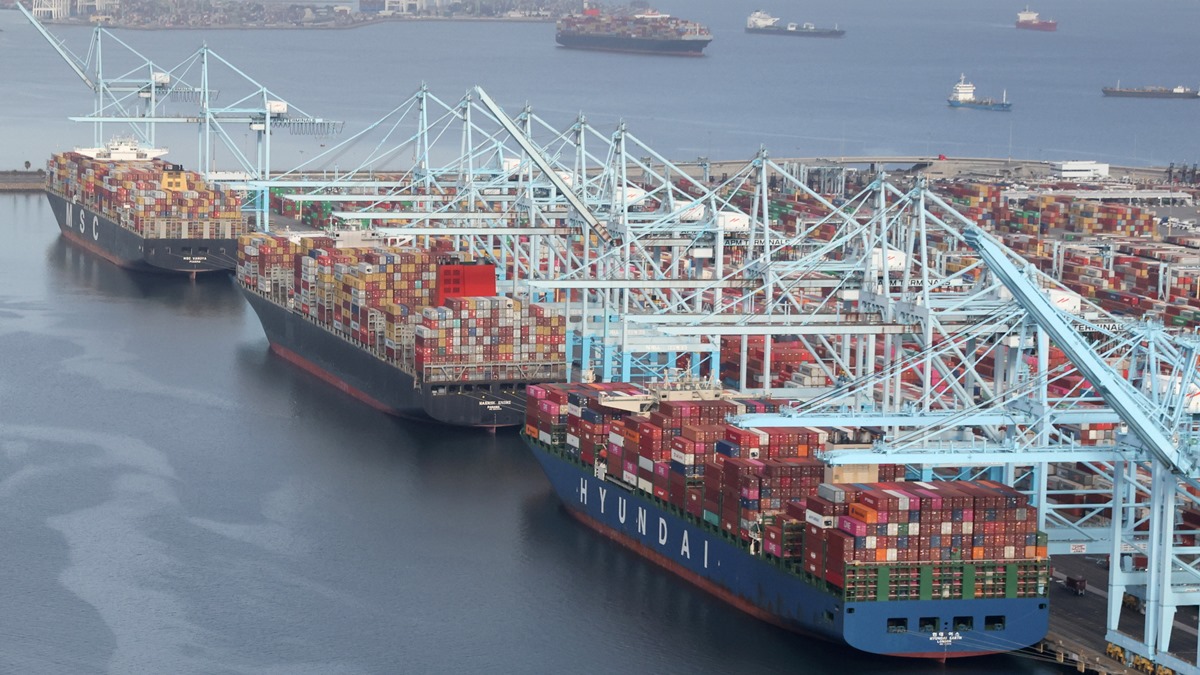In the free-trade negotiations that India is involved in, it may end up giving up more than what it can gain, trade policy think tank said on Tuesday citing a recent study. Even in labour-intensive sectors where New Delhi is seeking parity with competitors from the developing world, it may face disappointments, the Global Trade Research Initiative (GTRI) said.
The two most important free trade agreements (FTAs) that India is negotiating are with the UK and European Union (EU). While a little over half of the imports by the two potential FTA partners for India already attract zero tariffs, for India the corresponding figure is 6%.
The experience with Japan, Association of SouthEast Asian Nations (ASEAN) and South Korea shows that many Indian firms choose not to use the FTA route when import duties are low, as FTA-related compliance costs do not justify the tariff benefits, the GTRI added.
Countries ranging from large economies like the USA, Europe, Japan, and the UK to smaller ones like Oman, Peru, and Mauritius either already have or are actively seeking an FTA with India. By forming FTAs with India, they can access the Indian market without these import duties on substantial trade.
“Additionally, since India currently does most of its importing (over 75%) from countries it doesn’t have FTAs with, these agreements are particularly appealing as they offer a significant new market opportunity in India,” GTRI founder Ajay Srivastava said.
The analysis of India’s three key FTAs with ASEAN, South Korea, and Japan, signed in 2010-2011 reveals India’s merchandise trade deficit with these partners increased significantly more than its global trade deficit and India’s exports to these FTA partners have increased at a lower rate than its imports.
Medium to high technology products constitute 70% of the global trade while 30% is traditional labour intensive sectors. Developed countries charge zero or low import duties on most medium-to high-tech goods and high duties on shirts and shoes manufactured by developing countries.
When a developing country enters into an FTA with a developed country, the developing country gets preferential access for its shirts and shoes in the developed country. In return, it has to remove duty on most products. The developing country gets additional market access in 30% of products while In contrast, the rich nation would get additional market access in 90% plus the value of products.
Developed countries charge high 4-18% import duties on labour-intensive products like textiles and apparel, and eliminating import duties should boost India’s exports. For exporting to the EU markets, Indian exporters pay the full duty, while exporters from Vietnam and Bangladesh pay zero duty. Vietnam has an FTA with the EU, while Bangladesh benefits from zero-duty access due to the EU Generalised System of Preferences scheme.
While it may level the field for Indian exports, the gains from this to overall exports is limited. Then there is an issue of Non Tariff Barriers coming into play in the guise of environment, gender and labour standards which are built into all new FTAs. Despite lower duties offered by FTA with Japan, Indian exports of apparel could not grow because of the competition and product mix.
India is refocusing its FTA strategy from East to West, targeting major world economies for FTAs in 2024-25. Notably, negotiations are underway with countries like the UK, USA, EU, Switzerland, Norway, and Russia. Switzerland and Norway are negotiating as part of the European Free Trade Association. This means by the end of 2024, India may have completed or nearing completion of an FTA with all major economies except China.
A diverse range of countries, from large economies to smaller ones like Oman and Peru, are seeking FTAs with India, primarily due to India’s high import duties and rapidly growing market. Gains for India from tariff reduction by FTAs is limited so it must increase demand through better quality and wider range of products.
It must prioritise obtaining real market access on the ground and negotiate new subject areas like environment, labour, and digital trade cautiously to avoid limiting domestic regulatory autonomy, the GTRI report said.

